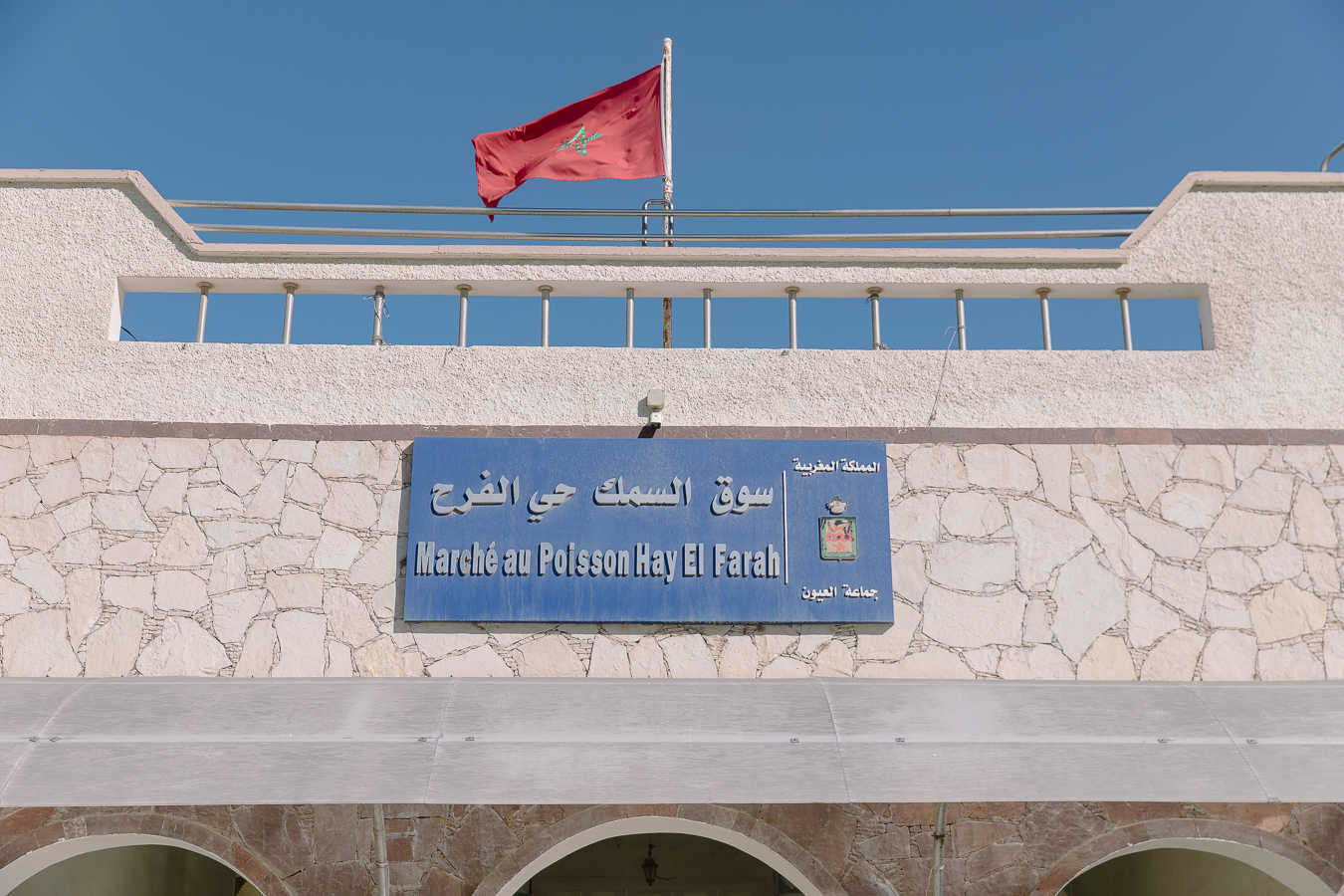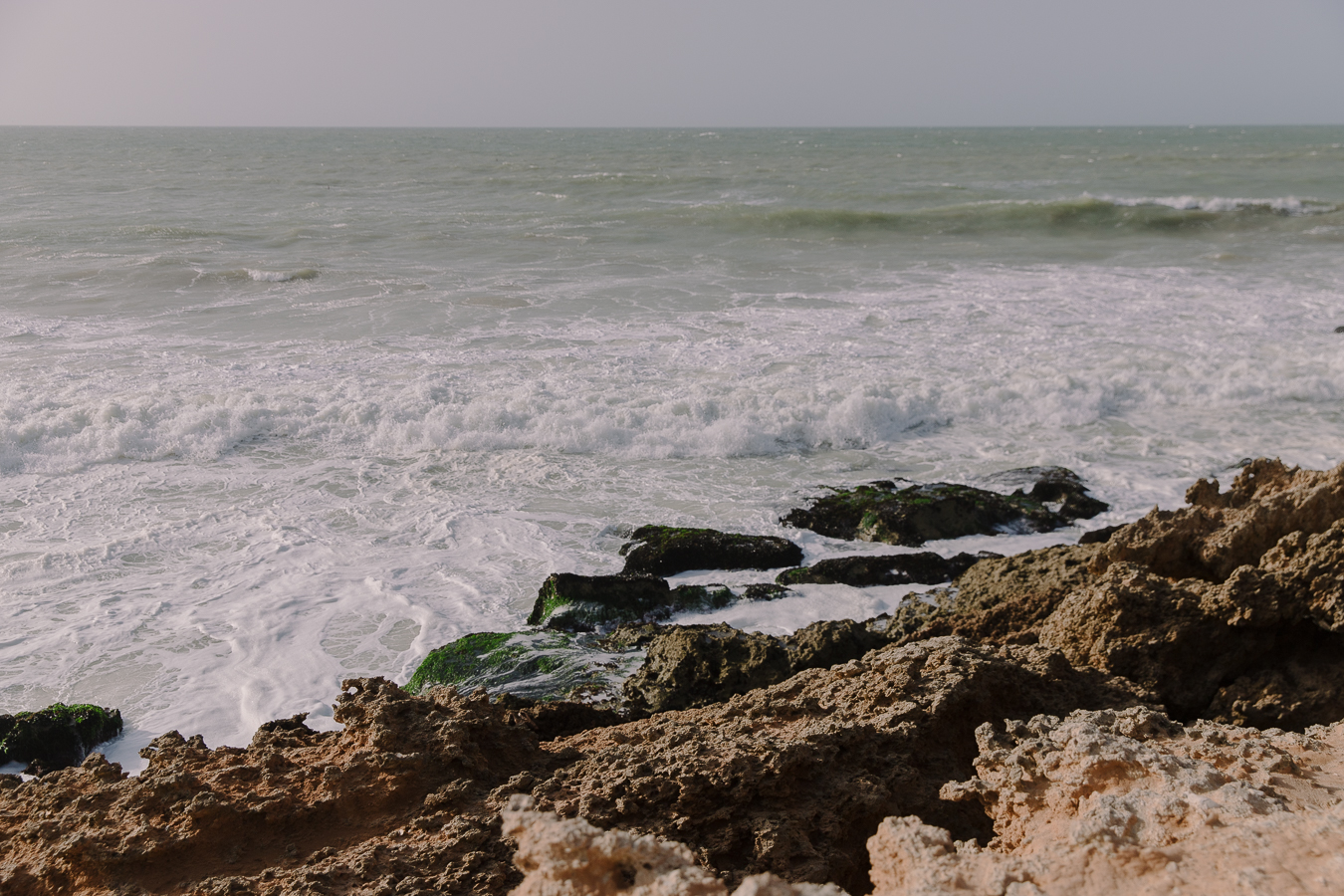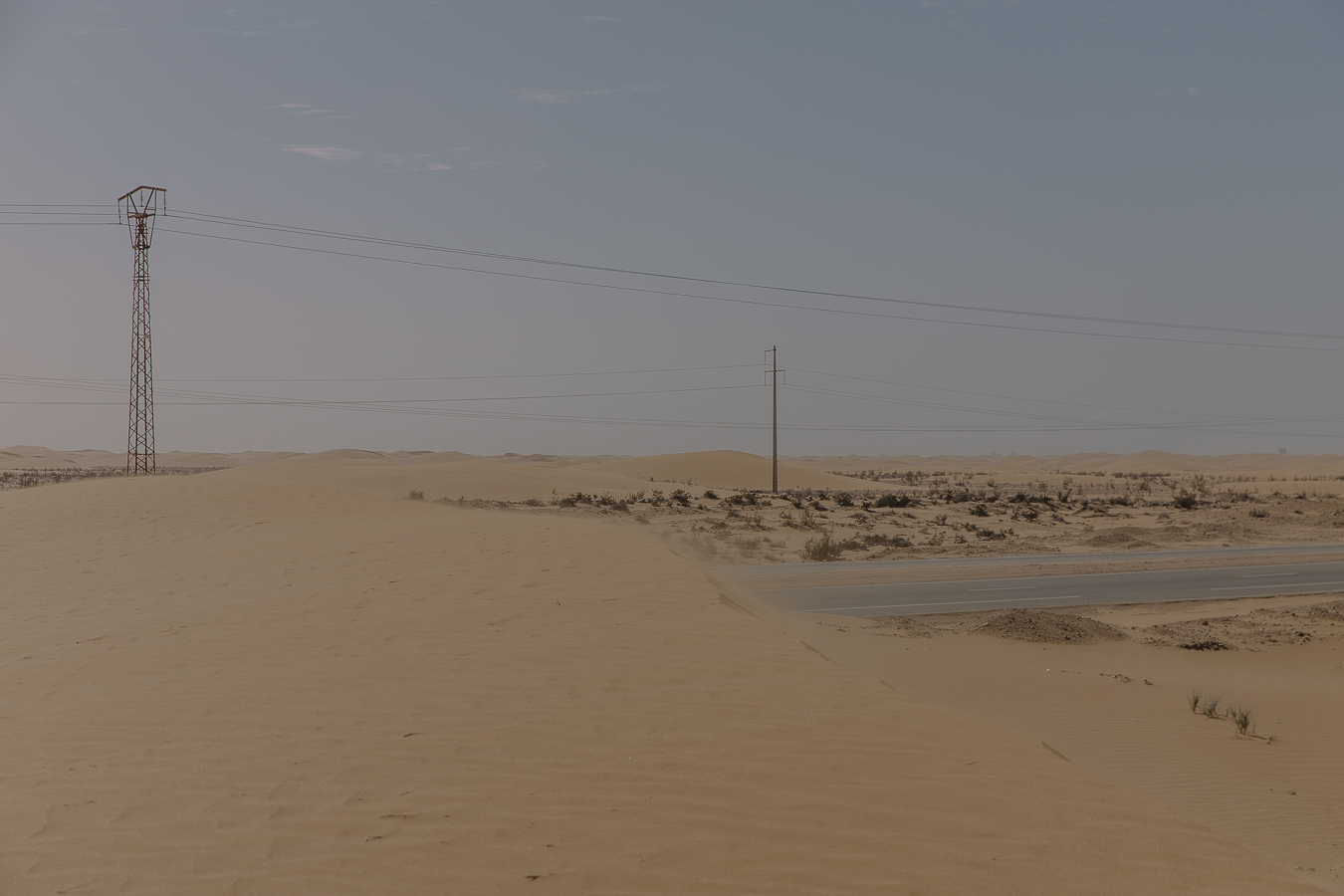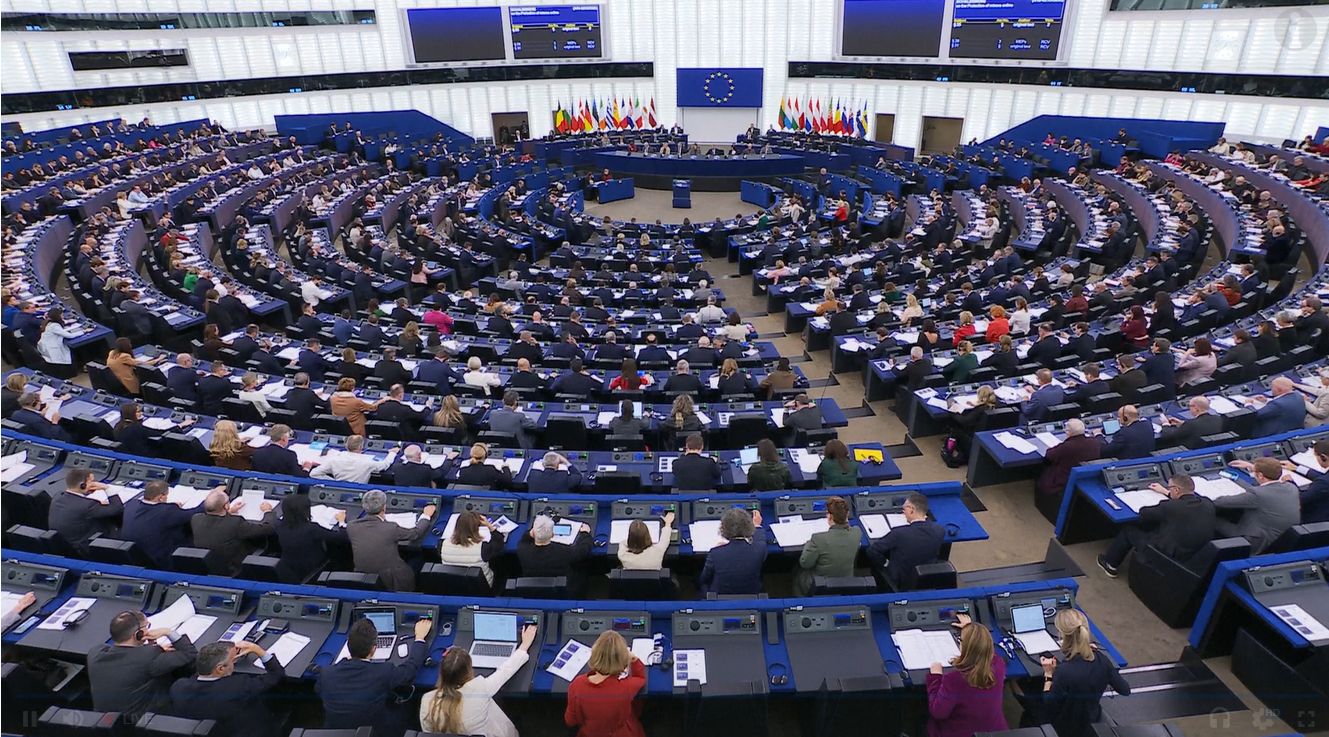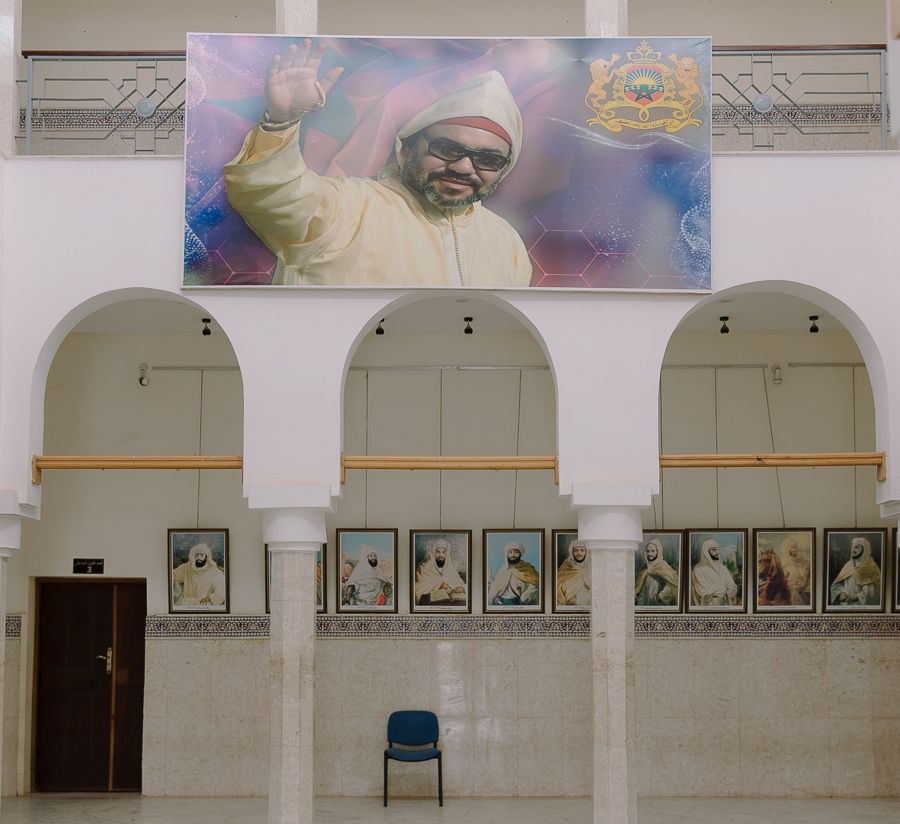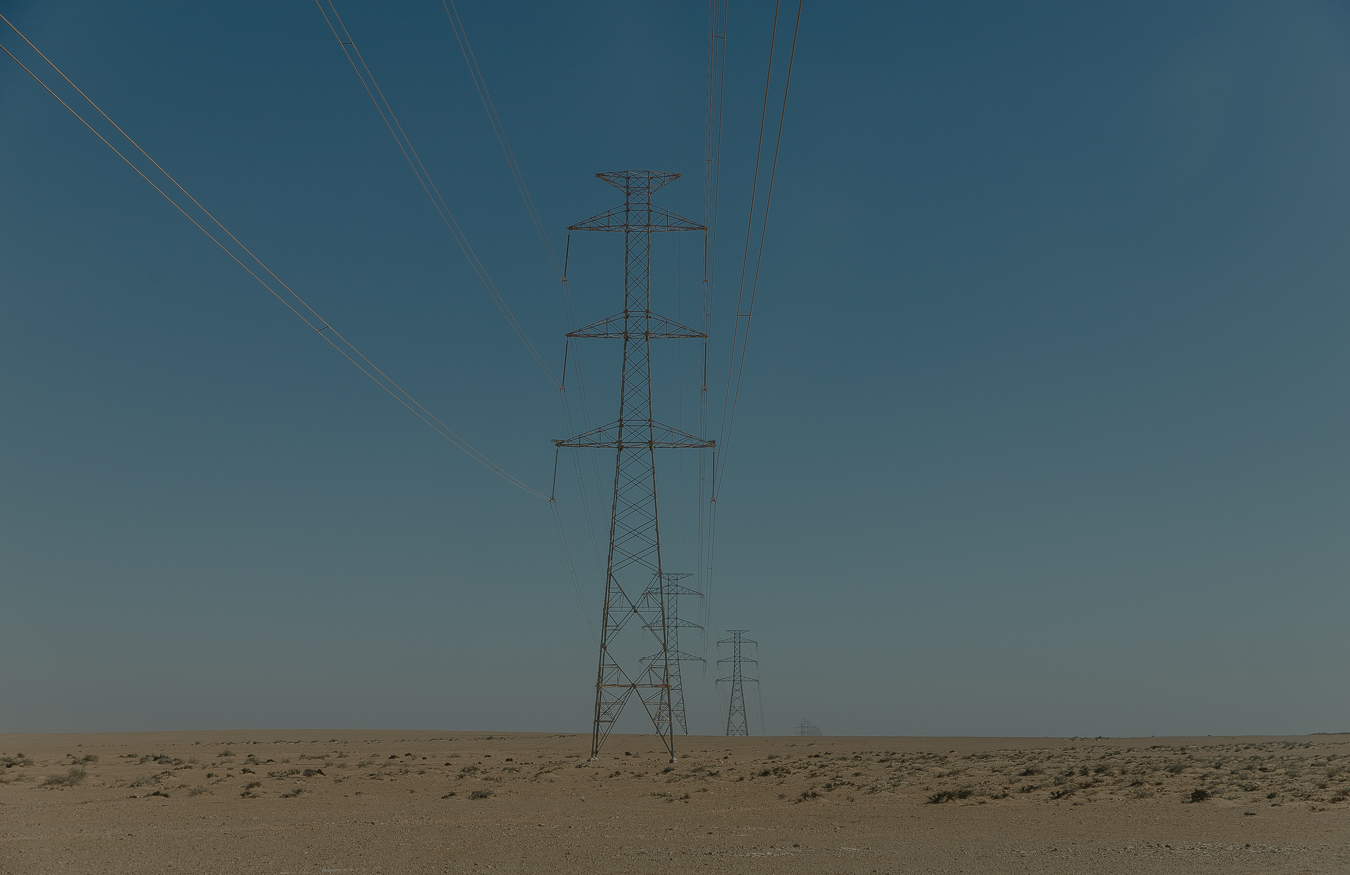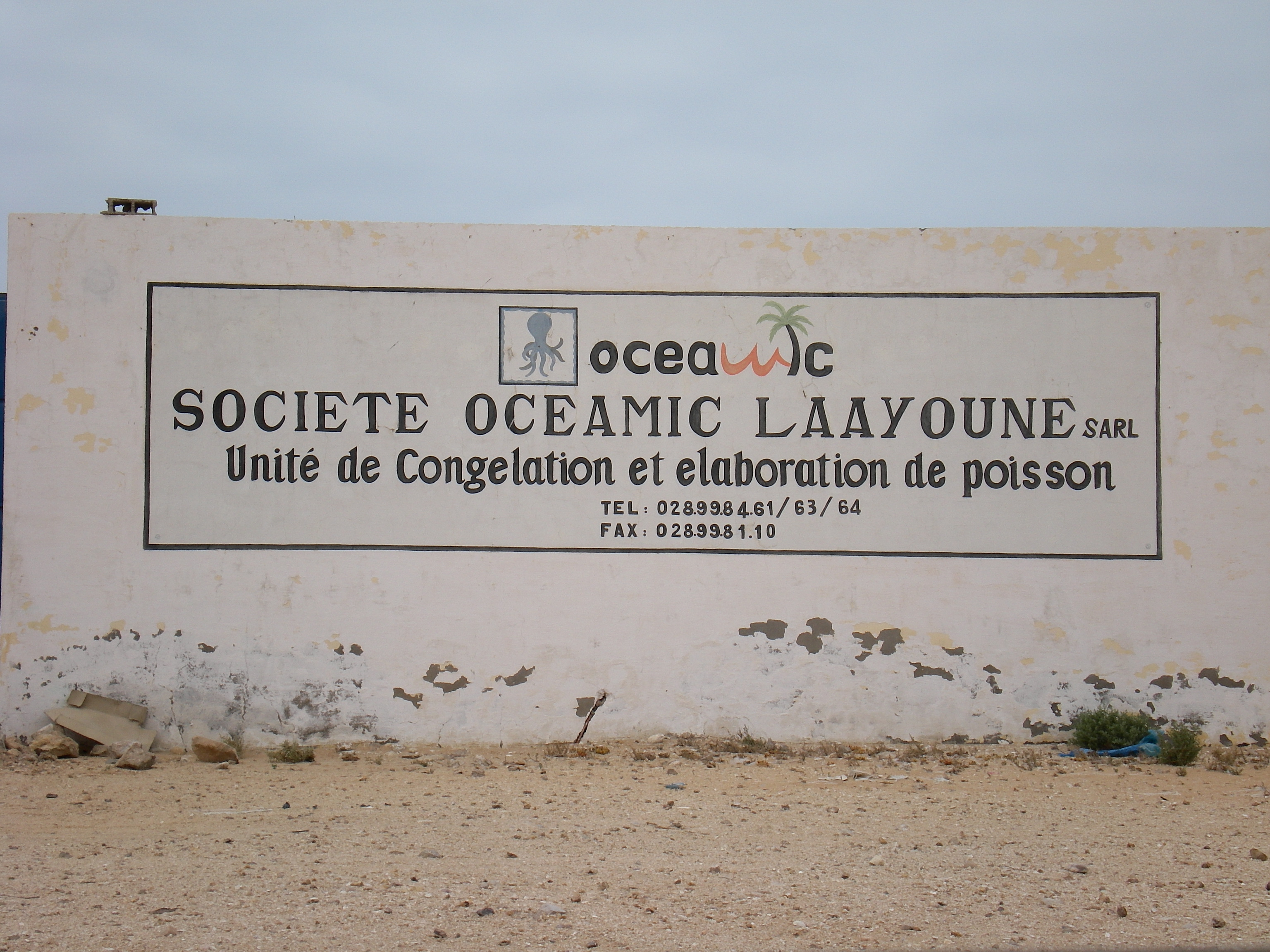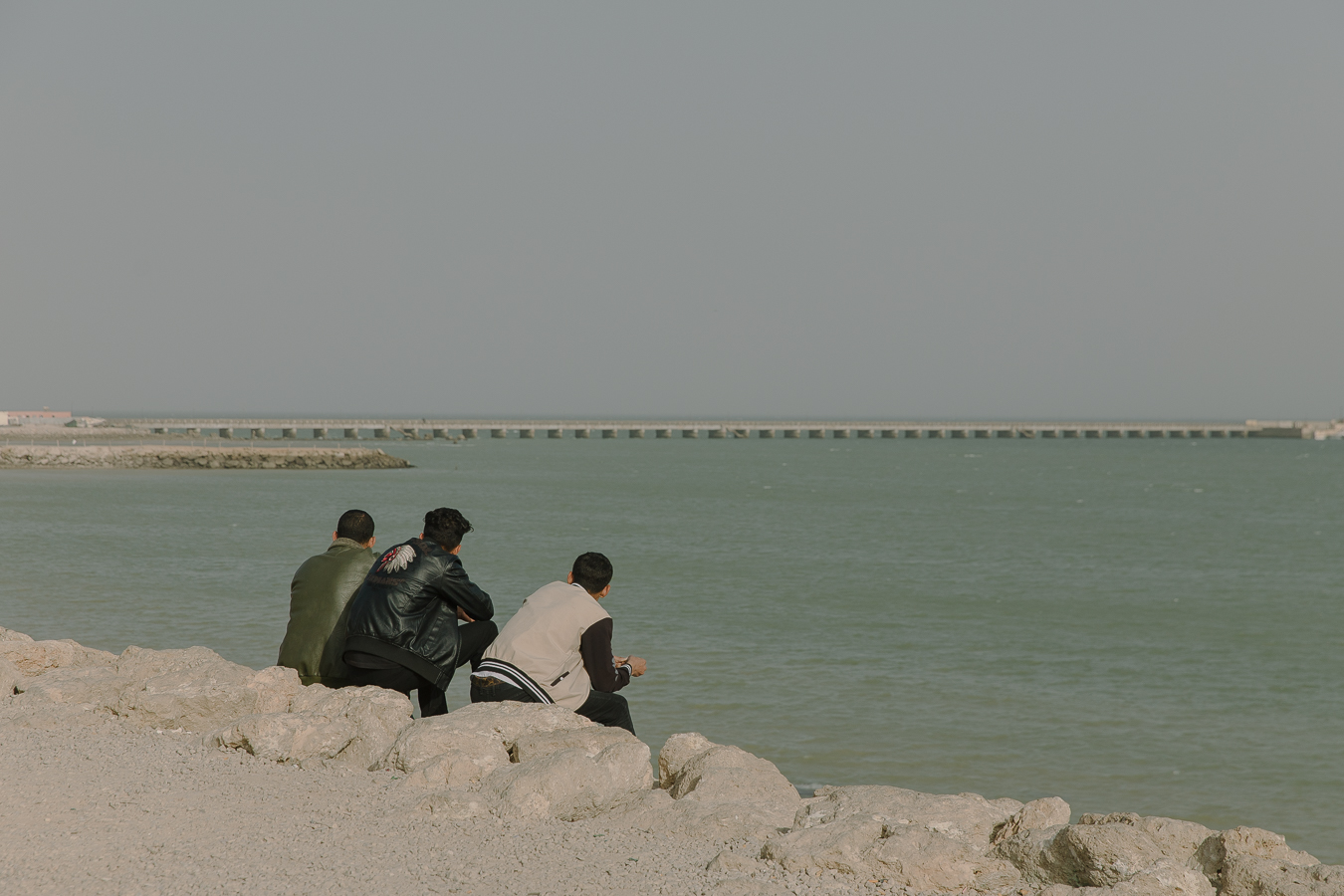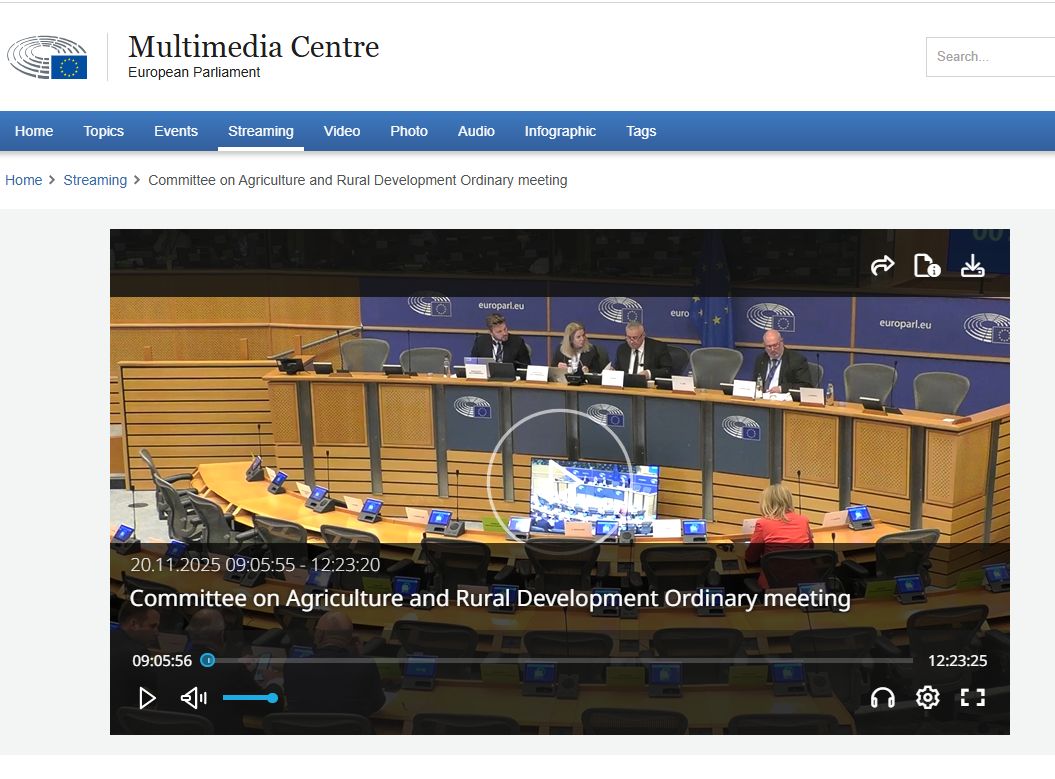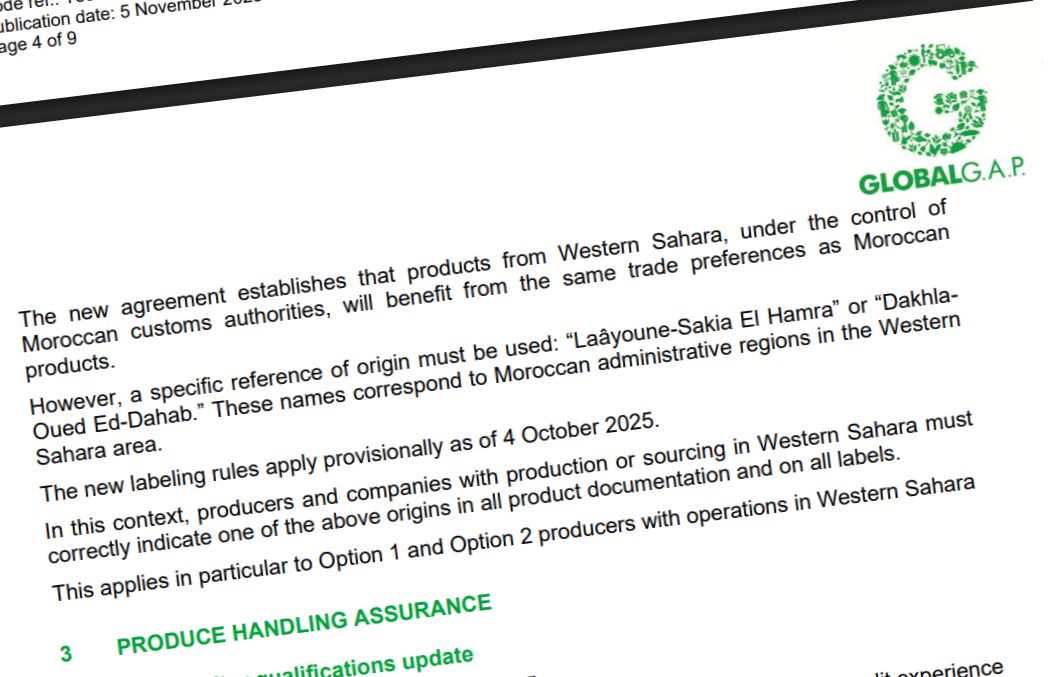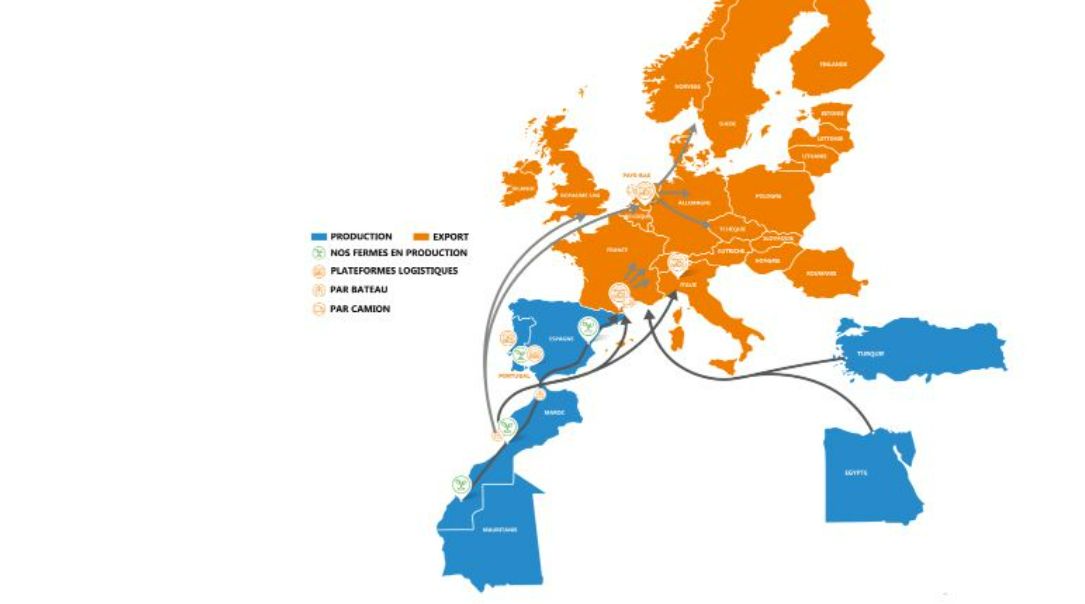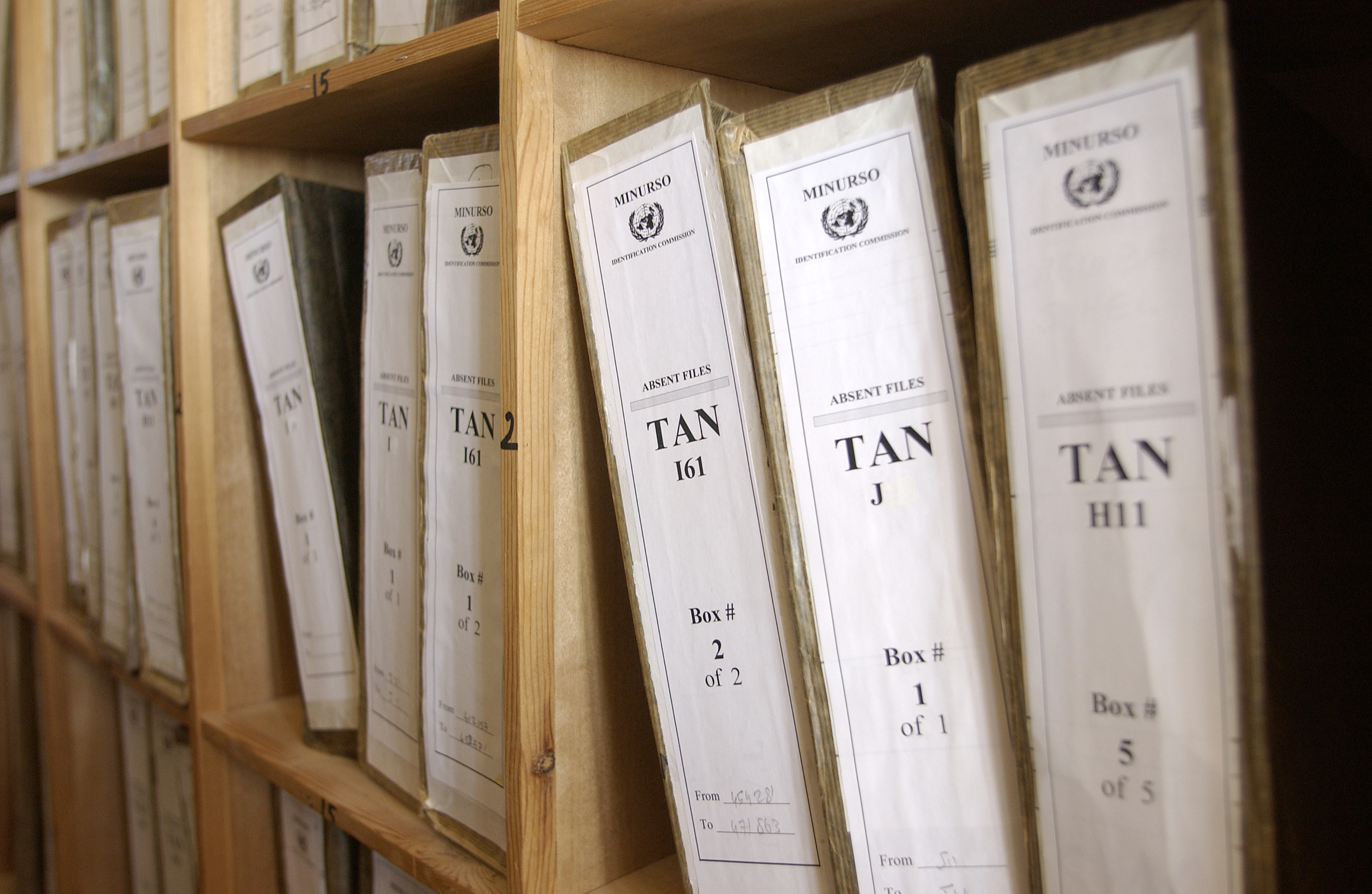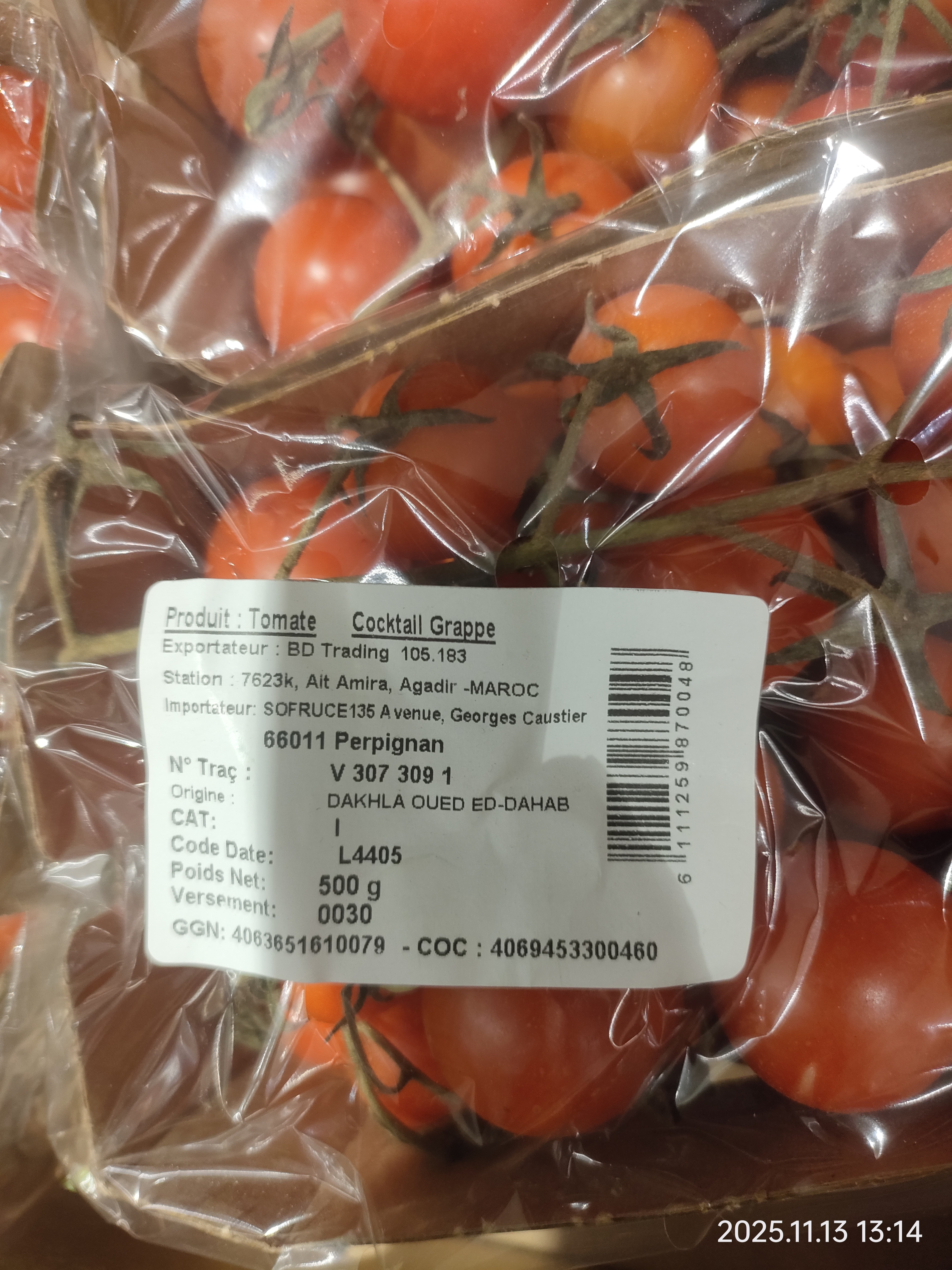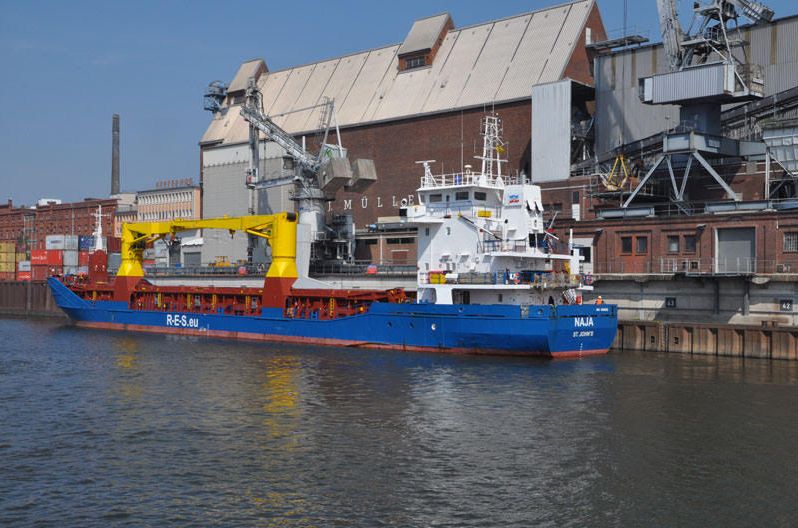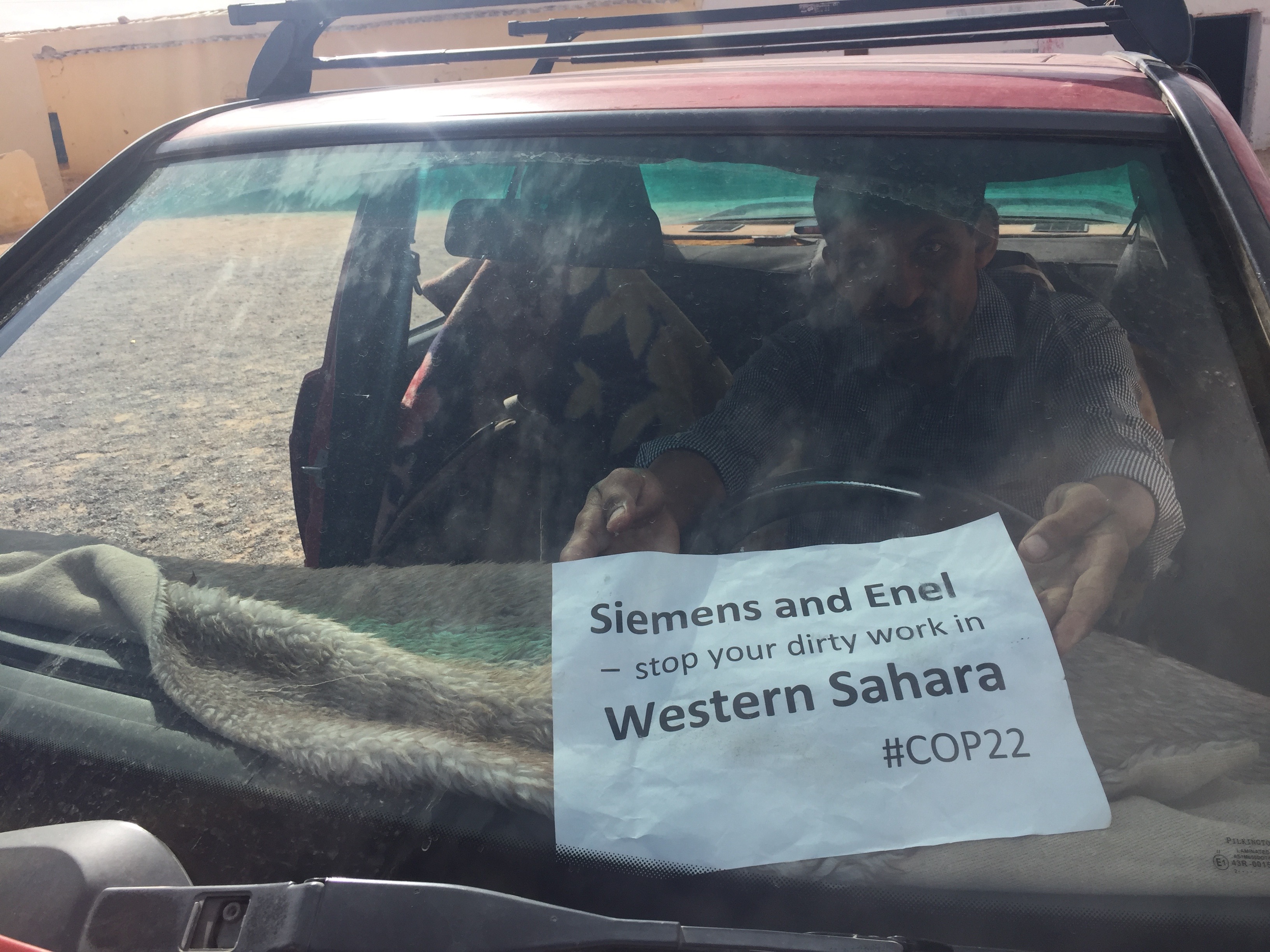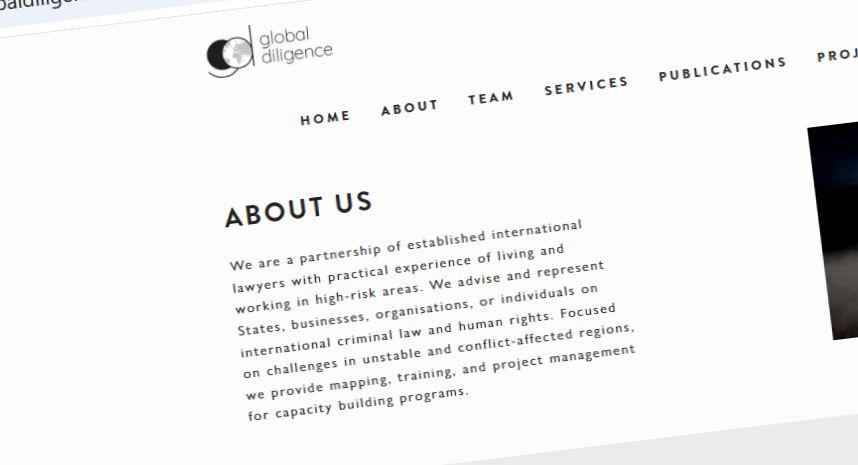Das weltweit größte Zertifizierungssystem für „sichere und nachhaltige Tierfuttermittel“ überprüft nicht, ob seine zertifizierten Fischfuttermittelhersteller ihre Produkte aus illegaler Fischerei in der besetzten Westsahara beziehen, wo die Fänge das Selbstbestimmungsrecht des sahrauischen Volkes verletzen.
Das Zertifizierungssystem beendet seine Zusammenarbeit mit der Azura Group und erklärt, dass Unternehmen in den besetzten Gebieten künftig keine Zertifizierungen mehr erhalten werden.
Lassen Sie sich nicht von der marokkanischen Rhetorik über saubere Energie dieser neuen 1.000 km langen Stromleitung täuschen – hier geht es um die infrastrukturelle Annexion besetzten Landes.
187 Parlamentarier:innen haben dafür gestimmt, das Urteil des EuGH, die Interessen der EU-Landwirt:innen, die Rechte der EU-Verbraucher:innen und den Willen des sahrauischen Volkes zu missachten.
Der Druck auf das Handelsabkommen zwischen der EU und Marokko wächst, da französische Landwirt:innen heute rechtliche Schritte eingeleitet haben und das Logistikzentrum von Azura für Produkte aus der Westsahara in Perpignan stürmten.
Die EU-Gesetzgeber:innen hatten heute eine einmalige Gelegenheit, sich für die europäischen Verbraucher:innen einzusetzen. Mit einer soliden Mehrheit im Rücken hätte das Parlament beinahe die Entscheidung der Kommission gekippt.
Die französische Azura-Gruppe, ein Produzent von Agrar- und Aquakulturprodukten in der besetzten Westsahara und Marokko, hat eine bemerkenswert politische Haltung eingenommen – sie lobt offen Marokkos „nationale Sache” und „territoriale Integrität”.
Das schwedische Unternehmen S2H2+Bm Concept AB hat sich bislang geweigert, klarzustellen, ob seine geplante Anlage für grünen Wasserstoff in Marokko oder in der besetzten Westsahara errichtet werden soll.
Trotz wiederholter Anfragen klärt die Organisation nicht, warum ihr Lebensmittelsicherheitszertifikat gesetzliche Grenzen ignoriert.
Eine staatlich organisierte Mission wird kanarische Unternehmen noch in diesem Monat in die besetzte Westsahara führen.
Abgeordnete aller Fraktionen im Europäischen Parlament haben heute die Europäische Kommission zur Rede gestellt, da sie eine Lockerung der EU-Vorschriften zur Kennzeichnung von Produkten aus der besetzten Westsahara vorsieht, um Marokko zu beschwichtigen.
Das deutsche Zertifizierungssystem, das sich für die Einhaltung gesetzlicher Vorschriften einsetzt, hat irreführende Informationen über die EU-Kennzeichnungsvorschriften für Produkte aus der besetzten Westsahara verbreitet.
Der französische Obst- und Gemüselieferant Sofruce hat nach einer Überprüfung falsche territoriale Angaben und Zertifikatsverweise gelöscht.
Hinter den Schlagzeilen und diplomatischen Manövern, die suggerieren, der Sicherheitsrat stehe nun auf der Seite Marokkos, verbirgt sich eine komplexere Realität. Diese fußt weiterhin auf genau dem Recht, das Rabat seit Jahrzehnten zu untergraben versucht: dem Recht auf Selbstbestimmung.
Eine Packung Kirschtomaten aus einem französischen Supermarkt veranschaulicht die Verwirrung, die durch einen Vorstoß der Europäischen Kommission ausgelöst wurde. Diese hatte überstürzt versucht, die EU-Verbraucher- und Handelsvorschriften zu Recht zu biegen, um sie an die Territorial-Ansprüche Marokkos auf die besetzte Westsahara anzupassen.
Das niederländisch-norwegische Futtermittelhersteller in der Türkei verweist bei Importen aus der besetzten Westsahara auf mysteriöse MarinTrust-Zertifikate.
Das Zertifizierungssystem MarinTrust betreibt Greenwashing von Fischereiprodukten aus der besetzten Westsahara im Wert von mehreren Millionen Euro – und macht dabei falsche Herkunftsangaben.
Die Zertifizierungsgsunternehmen LSQA hat alle Aktivitäten in der Westsahara eingestellt. Es hatte zuvor marokkanische Produzenten zertifiziert, die in dem besetzten Gebiet tätig waren.
Zehn Jahre nach der ersten Ankündigung bleibt das Schicksal eines Windparks von Enel in der besetzten Westsahara ungewiss.
Die Rechtsberatungsfirma Global Diligence, die sich als Experte für „verstärkte Sorgfaltspflicht“ präsentiert, stellt die völkerrechtliche Situation in der besetzten Westsahara falsch dar.
